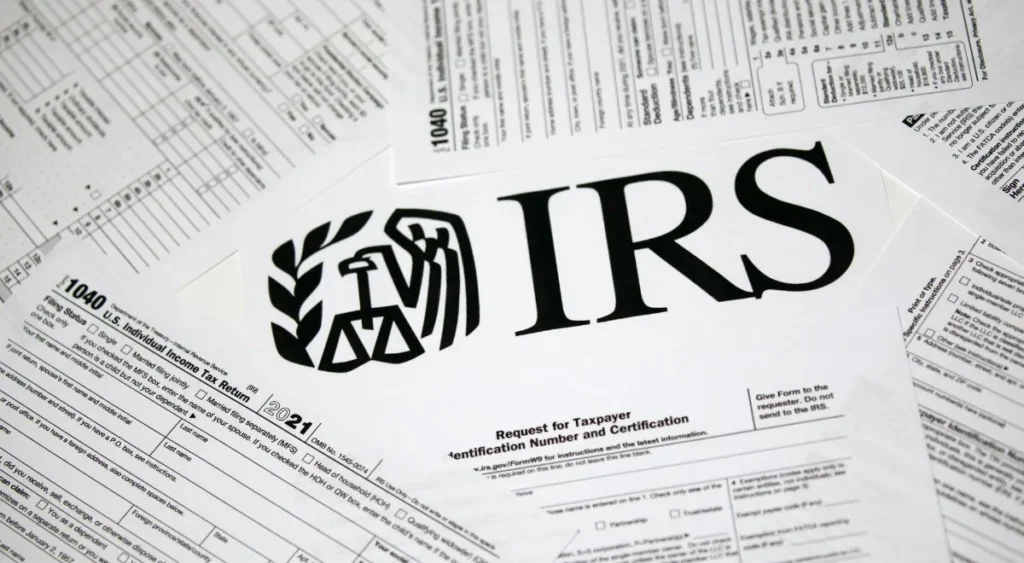When facing tax situations or challenges, tax resolution becomes essential for individuals and businesses in managing their obligations with the Internal Revenue Service (IRS). Understanding what tax resolution is, the common problems that necessitate it, and the strategies available to taxpayers can be invaluable for those facing tax challenges. So, let’s get into it!
What is Tax Resolution?
Tax resolution involves the process of finding solutions to outstanding tax issues, such as unpaid taxes, unfiled returns, and IRS penalties. This service is essential for taxpayers who find themselves in trouble with the IRS due to various reasons, including financial hardships or misunderstandings of tax laws. The goal of tax resolution is to negotiate a fair and manageable outcome for the taxpayer while ensuring compliance with tax laws.
Common Tax Issues That Require Resolution
Tax issues can arise in many forms, often leading to severe financial and legal consequences if left unresolved. Some of the most common problems include:
- Tax Liens and Levies: Legal claims by the IRS against a taxpayer’s property due to unpaid taxes, affecting credit ratings and the ability to sell assets.
- Wage Garnishments: When the IRS takes a portion of a taxpayer’s paycheck to satisfy unpaid tax debts.
- Unfiled Tax Returns: Failure to file tax returns can lead to penalties and interest charges, along with potential IRS actions.
- Unfiled Returns and Back Taxes: Accumulating back taxes can lead to significant financial burdens and IRS enforcement actions.
Tax Resolution Strategies and Solutions
Several strategies are available to taxpayers to resolve their tax issues:
- Offer in Compromise (OIC): An agreement to settle the taxpayer’s debt for less than the full amount owed, typically due to financial hardship.
- Installment Agreements: Monthly payment plans for taxpayers unable to pay their tax debt in full.
- Penalty Abatement: Requesting penalty relief by demonstrating reasonable cause for non-compliance.
- Innocent Spouse Relief: Avoiding liability for unpaid taxes due to errors or omissions by a spouse.
The Role of a Tax Professional in Tax Resolution
Engaging a tax professional, such as a tax attorney, CPA, or enrolled agent, can be invaluable in navigating the complexities of tax resolution. These professionals can negotiate with the IRS, develop a strategic plan, and ensure all necessary paperwork is completed correctly.
The Tax Resolution Process
The tax resolution process typically involves several key steps:
- Initial Consultation and Assessment: Evaluating the taxpayer’s financial situation and tax issues.
- Gathering and Submitting Documentation: Collecting necessary financial records and tax documents.
- Negotiating with the IRS: Finding a suitable resolution, such as an OIC or installment agreement.
- Resolution and Compliance: Implementing the agreed-upon resolution and maintaining future tax compliance.
Preventing Future Tax Issues
To avoid future tax problems, maintain good record-keeping practices, file returns on time, and stay informed about tax law changes. Regular consultations with a tax professional can help ensure ongoing compliance and financial stability.
Conclusion
Tax resolution is a vital service for anyone facing tax issues with the IRS. By understanding the available strategies and seeking professional assistance, taxpayers can resolve their problems efficiently and avoid further complications. If you find yourself in need of tax resolution services, schedule your free consultation with BadranTax today to discuss your options and find a solution tailored to your needs.
Additional Resources
- IRS Offer in Compromise
- IRS Installment Agreements
- IRS Penalty Relief
- Innocent Spouse Relief
- National Taxpayer Advocate’s Guide to IRS Collection Processes
- Forbes: Navigating IRS Tax Debt Relief Options
- American Bar Association: Taxpayer Representation and Rights
- NAEA: The Role of Enrolled Agents in Tax Resolution






